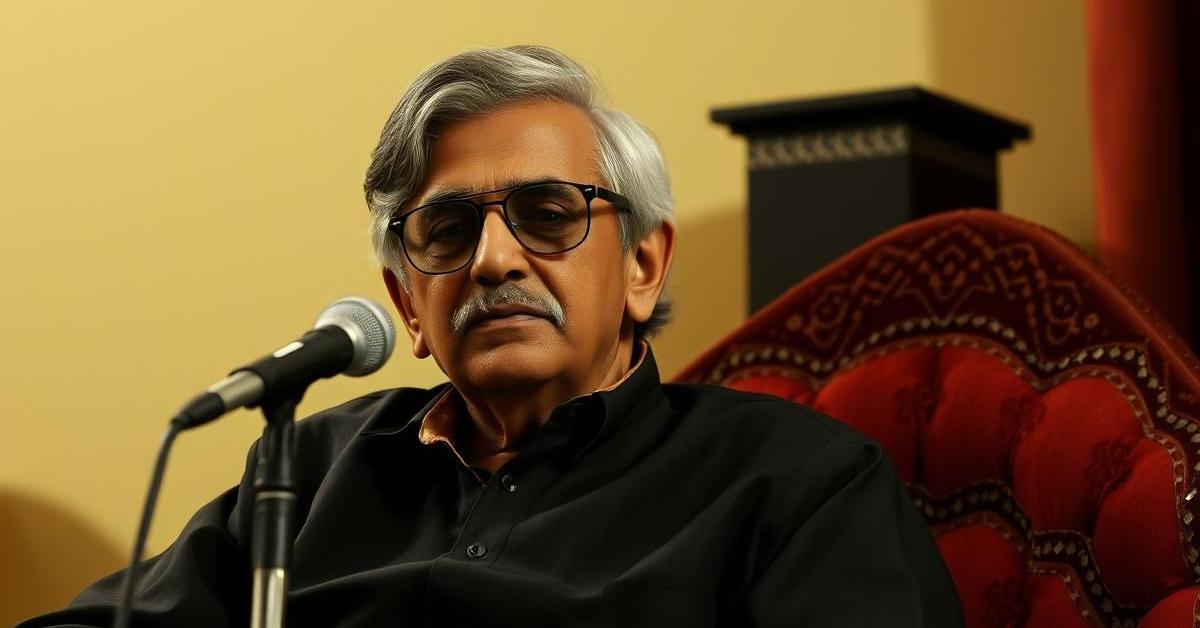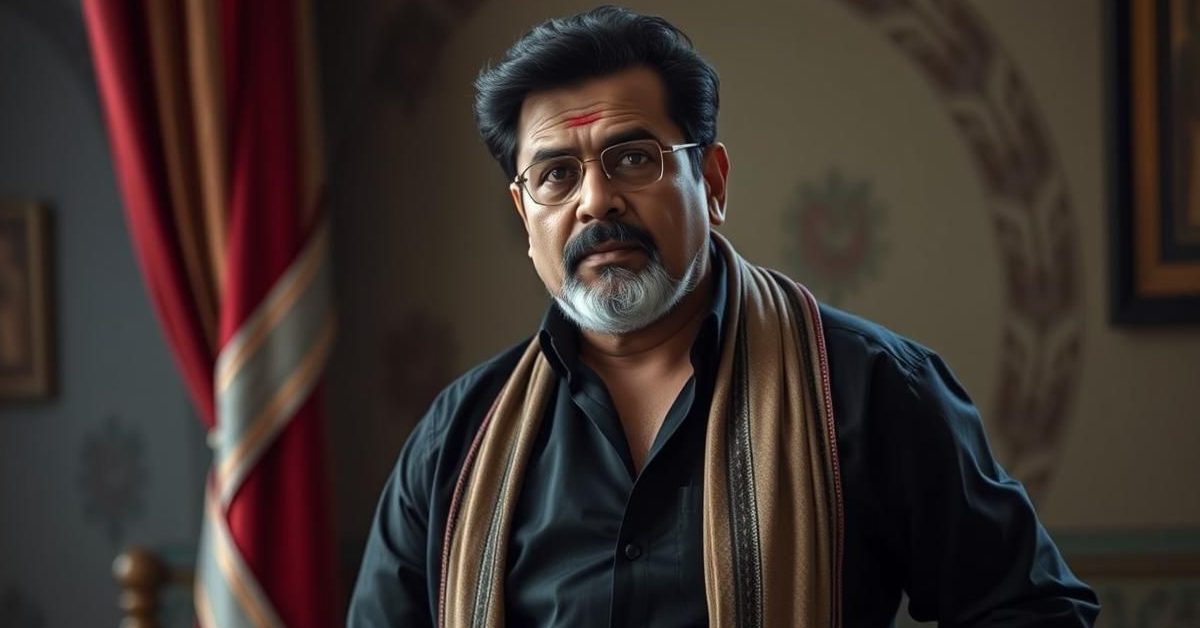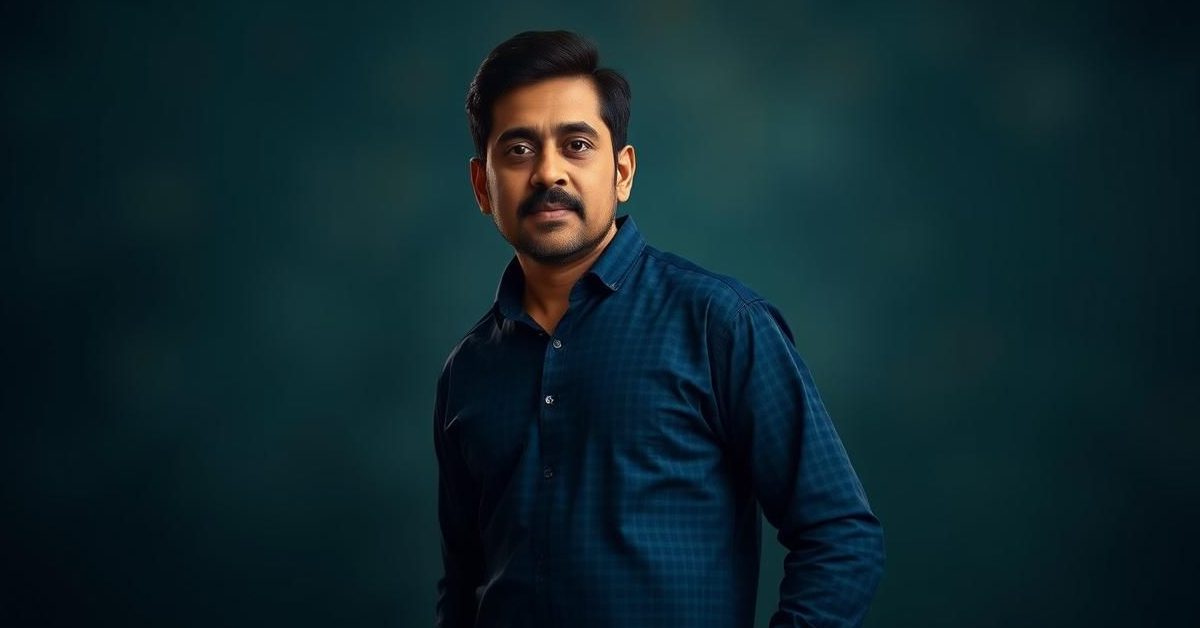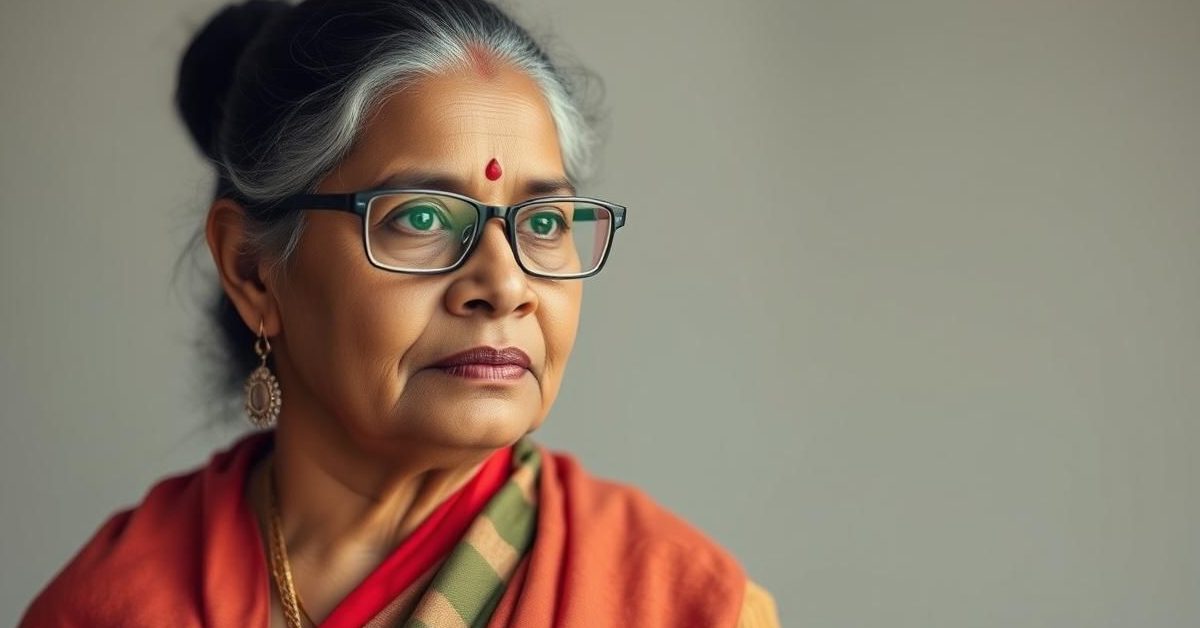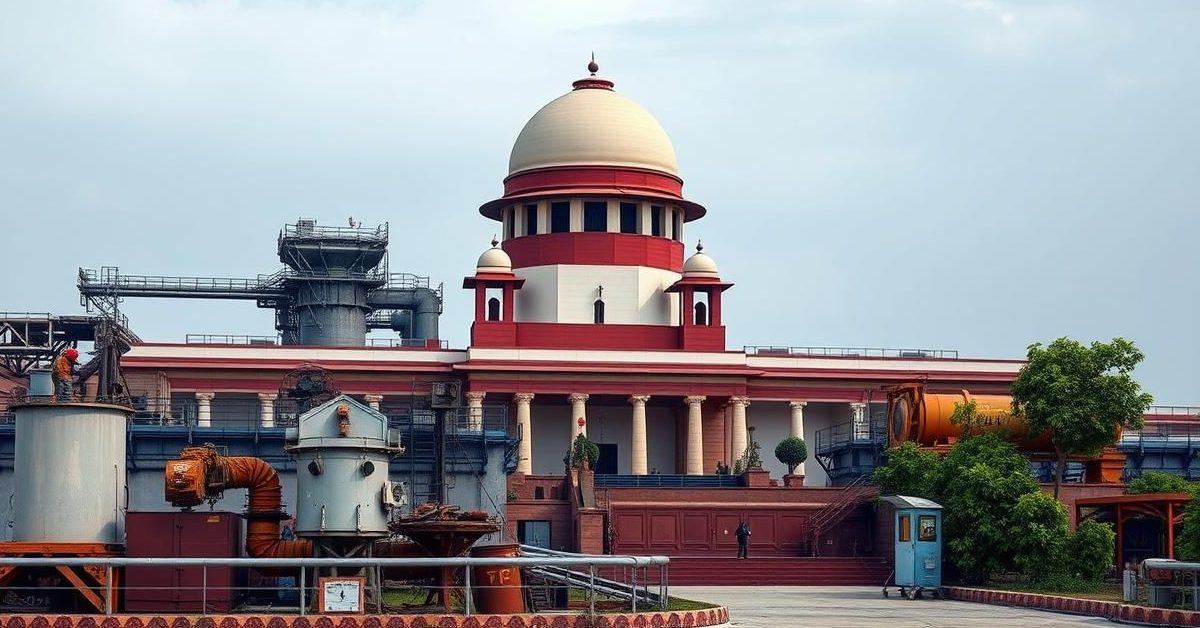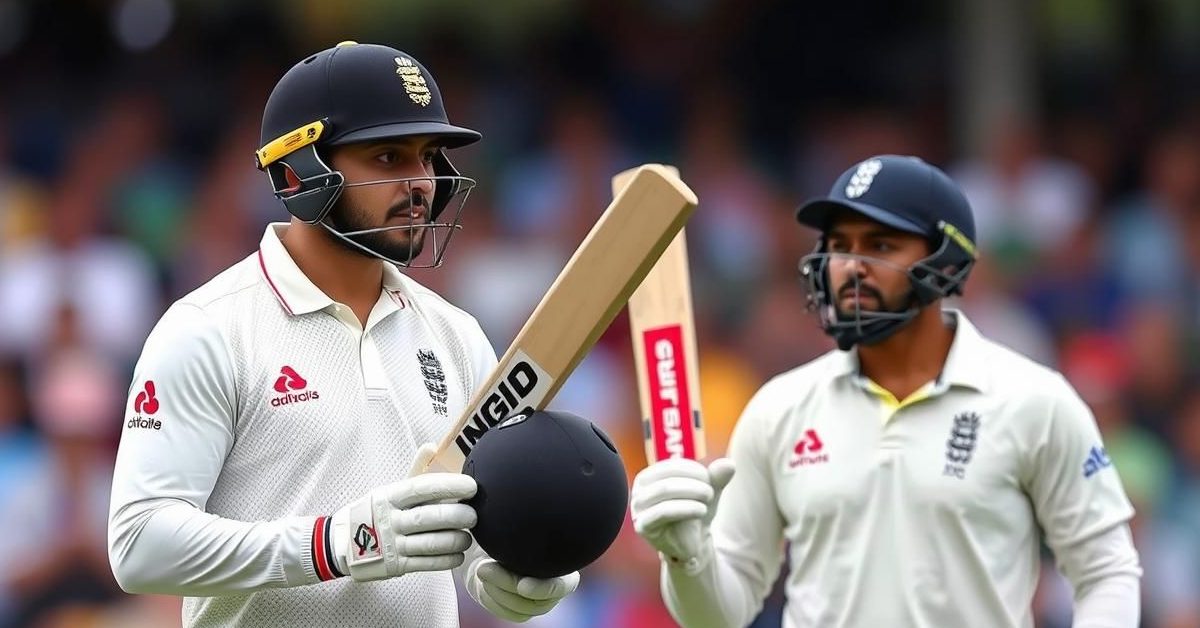The Unseen Farewell: A Maestro’s Lonely Swansong
The year 2007 quietly marked the passing of Omkar Prasad Nayyar, better known to millions as O.P. Nayyar, one of Hindi cinema’s most distinctive and celebrated music composers. At the venerable age of 81, his demise wasn’t met with the grand industry tributes one might expect for a legend of his stature. Instead, a shroud of quietude descended, culminating in a cremation held in the distant suburbs of Thane, starkly devoid of film industry stalwarts. Perhaps more poignantly, not a single member of his immediate family attended the final rites, a haunting testament to a life lived on his own terms, even in its twilight.
The Golden Era’s Rhythmic Heartbeat
O.P. Nayyar’s career spanned the pulsating decades from the 1950s to the 1970s, a period often revered as the Golden Era of Hindi Cinema. Hailing from Lahore, he carved an unparalleled niche with his instantly recognizable sound – a signature blend of galloping rhythms, infectious melodies, and a vibrant, often effervescent energy. His compositions, distinctively devoid of the melancholic strains of a conventional orchestra, relied heavily on rhythm and a unique harmonic sense, setting him apart from his contemporaries. He was the architect behind some of the most enduring soundtracks, including *Naya Daur*, *Tumsa Nahin Dekha*, *Howrah Bridge*, *Mere Sanam*, and *Kashmir Ki Kali*, each a masterclass in his distinctive style.
A Maverick’s Musical Philosophy: No Lata Mangeshkar
What truly set Nayyar apart was not just his musical genius but his uncompromising artistic philosophy. In an era dominated by the ethereal voice of Lata Mangeshkar, Nayyar famously chose never to collaborate with her. This audacious decision, almost unthinkable at the time, solidified his reputation as a maverick. Instead, he forged iconic partnerships with other vocal powerhouses. His collaborations with Mohammed Rafi produced a string of chartbusters, their combined artistry creating magic on screen. Simultaneously, his bond with Asha Bhosle blossomed into a professional and personal synergy, yielding some of her most memorable and spirited performances, defining an entire era of film music. He also championed the unique voices of Geeta Dutt and Shamshad Begum, bringing their distinct textures to the forefront.
Architect of Stardom: From Actors to Singers
Nayyar’s music wasn’t just background score; it was integral to the narrative and often propelled the careers of actors and singers alike. His peppy numbers defined the romantic charm of Dev Anand and the rebellious energy of Shammi Kapoor. Songs like “Yeh Chand Sa Roshan Chehra” from *Kashmir Ki Kali* or “Aap Yun Hi Agar Humse Milte Rahe” from *Ek Musafir Ek Hasina* became synonymous with the stars who lip-synced them. He understood the pulse of the audience, crafting melodies that were not only catchy but deeply evocative, perfectly complementing the on-screen personalities of the likes of Johnny Walker and Guru Dutt in films like *C.I.D.*.
The Enigma of Estrangement: A Reclusive Twilight
While his professional life soared, O.P. Nayyar’s personal journey was shrouded in a complex tapestry of relationships. Known for his strong will and independent spirit, he maintained a fiercely private existence, especially in his later years. Reports suggest a gradual estrangement from his family, a situation that deepened as he chose to live a reclusive life in relative solitude. This decision, whether born of personal convictions or unavoidable circumstances, ultimately led to the poignant scene at his funeral – an industry that once thrived on his melodies was absent, as were those closest to him by blood. He spent his final years living with a dedicated fan, a testament to the powerful, if sometimes distant, connection he shared with his admirers.
An Undiminished Legacy: Beyond the Personal Tragedies
Despite the solitary nature of his final farewell, O.P. Nayyar’s musical legacy remains vibrant and undimmed. His compositions continue to resonate with generations, a timeless collection of melodies that evoke joy, romance, and an undeniable zest for life. The rhythmic genius of his work, his audacious artistic choices, and the sheer originality of his sound ensure his place among the pantheon of India’s greatest music composers. His story serves as a poignant reminder that while genius can soar to incredible heights, the personal journeys of even the most celebrated figures can be fraught with an unspoken quietude, leaving behind a legacy that transcends the bittersweet solitude of their final curtain call.
